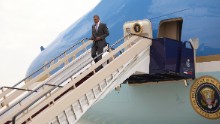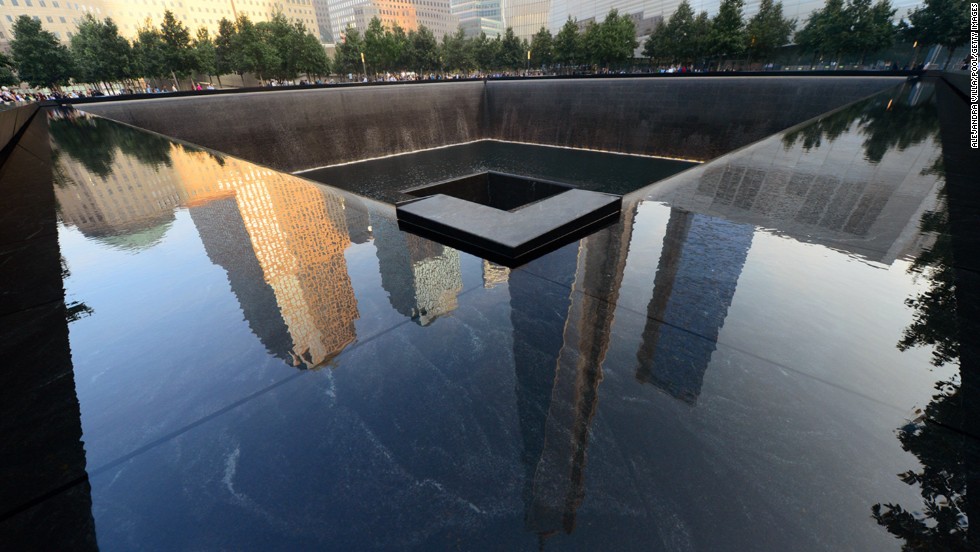
Obama
arrives on Air Force One at King Khalid International Airport in Riyadh
on April 20. Saudi King Salman did not greet the President on his
arrival. The perceived slight was seen as one more sign that the
U.S.-Saudi relationship is encountering friction.
Hide Caption
19 of 19

From
left, British Prime Minister David Cameron, Italian Prime Minister
Matteo Renzi, U.S. President Barack Obama, German Chancellor Angela
Merkel and French President Francois Hollande sit together at
Herrenhausen Palace in Hanover, Germany, on Monday, April 25. Germany
was the third stop on Obama's recent trip, which also included the
United Kingdom and Saudi Arabia.
This is only one of the troubling
questions that President Obama confronted this week as he sat with Saudi
King Salman to discuss the state of the region and the U.S.-Saudi
relationship.
The Saudis sent a lower-level official to greet Obama and Saudi state television didn't even bother covering the President's arrival.
So to paraphrase Hamlet, clearly something is rotten in the state of the U.S.-Saudi relationship.
And
regardless of how this week's meetings conclude the Saudi-American
enterprise will remain a delicate and fraught affair. The answers to the
following five questions tell you why.
Is Saudi Arabia a U.S. ally?
That
depends of course on how you define the word ally. But by any measure
countries that don't share common values and whose interests on many
critical issues seem to fundamentally collide can't simply be described
the way we might look at U.S. relations with fellow democracies like
Britain or Canada.
Saudi Arabia is
an authoritarian regime that discriminates against women, doesn't
permit religious freedom, and prevents freedom of the press. It has
been exporting a fundamentalist Wahhabist ideology for years that
demonizes Shia, Jews, Christians and the West.
Yet Saudi Arabia isn't the Islamic state, nor as some analysts have suggested, a junior version of it.
It's
not seeking to undermine the regional order or sponsor terror against
the West and create a caliphate. In fact, the Saudis are themselves a
victim of jihadi terror and have worked closely with the United States
against al Qaeda in Yemen and on counterterrorism against ISIS.
Still al Qaeda developed out of Wahhabist doctrine and Saudi Arabia has done more than its fair share to nurture Islamic extremists and to fund jihadi groups in Syria such al Nusra. And the latest Saudi threat
to sell off U.S. securities if Congress passes legislation holding them
responsible for any official involvement in the 9/11 terror attacks
highlights a disturbing possibility of some link.


Comments
Post a Comment